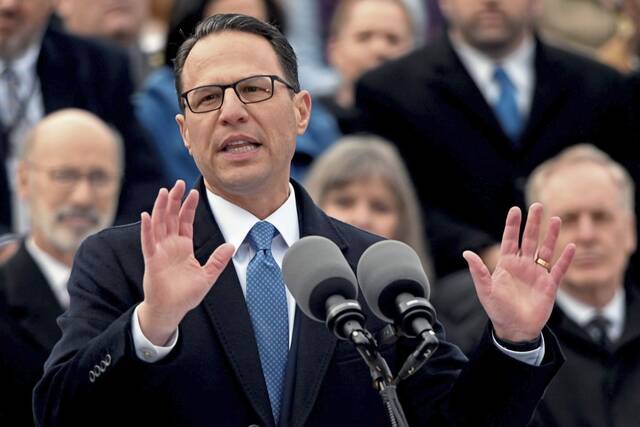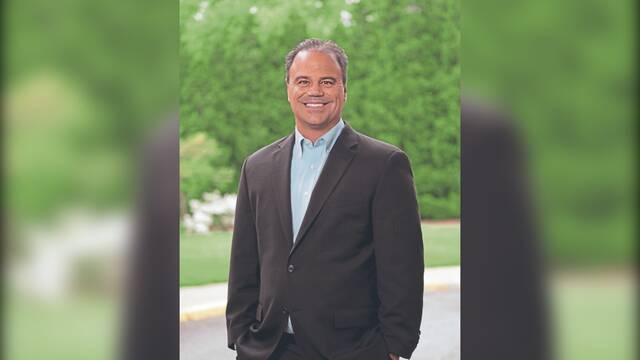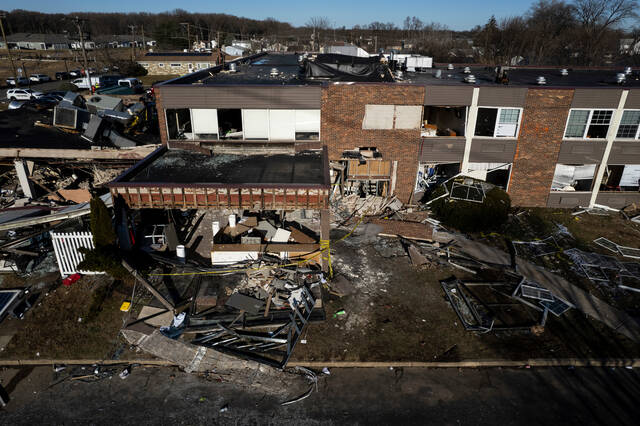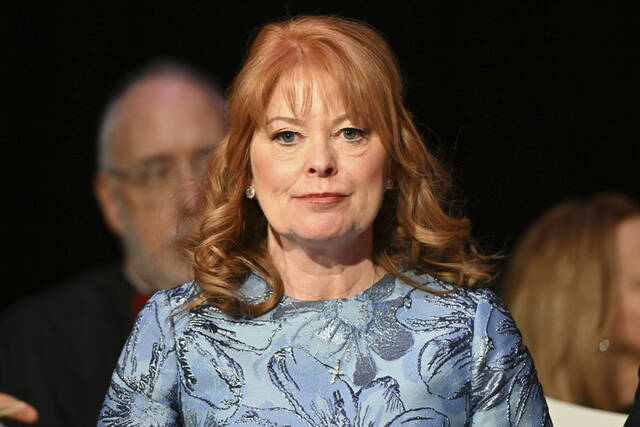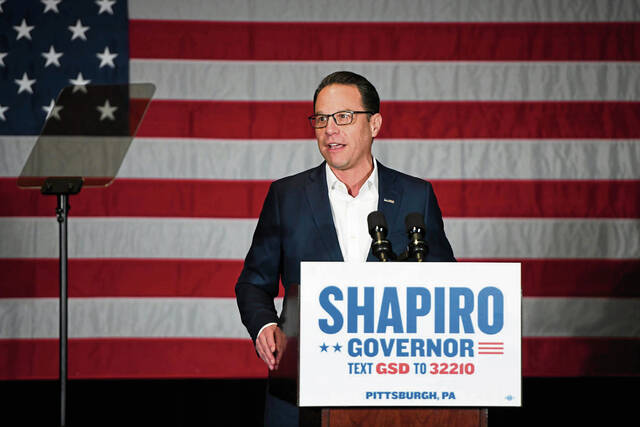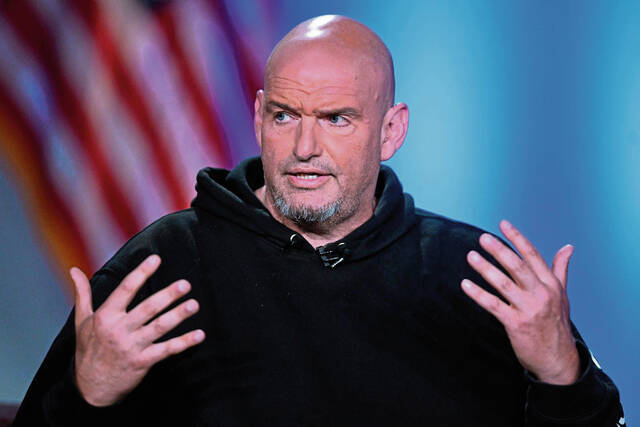Leaders of Pennsylvania’s state-owned universities said boosting Commonwealth funding by 3.8% to $573.5 million would enable them to consider freezing tuition across the 85,000-student system for a fifth straight year this fall.
But when Gov. Josh Shapiro on Tuesday unveiled his proposed state budget for 2023-24, he included about half the requested increase — a 2% bump to $563 million.
Also left out of Shapiro’s spending plan, his first as governor, was a special State System request for targeted financial aid that its leaders have touted as a way to combat Pennsylvania’s worsening k-12 teacher shortage by easing the financial burden of a four-year teaching degree.
Their request involved channeling $56.5 million in scholarships to education majors. That would be enough to provide all 17,400 of them currently enrolled at its 10 universities with financial relief averaging $1,500 a year.
For high-need students, officials proposed up to an additional $5,000 in assistance.
Since 2019-20, the base in-state tuition has remained at $7,716 a year across the system, including the western campuses of PennWest University (California-Clarion-Edinboro) as well as Indiana University of Pennsylvania and Slippery Rock University.
It was all proposed as part of a $112 million request aimed at boosting the number of graduates in high-demand fields that also include business, nursing, computer science, social services and engineering.
Asked about the items left out of the proposed budget, and what it means for the likelihood of a tuition freeze this fall, Kevin Hensil, a State System spokesman, said:
“This is the beginning of the budget process, and the next step is budget hearings with the House and Senate Appropriations committees,” he said. “We will continue to communicate the benefits of our funding request of a 3.8% increase to enable the Board of Governors to consider freezing basic in-state undergraduate tuition … and the $112 million to help increase financial aid to strengthen the pipeline from the classroom to the workforce for nurses, teachers and other in-demand jobs.”
The governor’s office did not return a request to elaborate on why he decided not to include the spending, including the scholarship initiative, in his proposed budget.
Gov. Shapiro, meanwhile, proposed a 7.1% increase for the state-related universities, including the University of Pittsburgh and Penn State University.
Pitt would receive $165.8 million in general support including rural education outreach, a $10.7 million increase; Penn State would get $287.9 million for general support and for the College of Technology, a $19 million increase.
Penn State noted the increase fell short of the the 47.6% ($115.2 million) boost it sought, saying that it receives the smallest state subsidy per student among public universities.
The state’s community colleges would get a 2% boost under Shapiro’s plan.
In all, the governor’s $44.4 billion budget— a 3.6% increase — included more than $1 billion in new education spending, including $60 million in increases for higher education institutions. The governor stressed workforce development, apprenticeships and vo-tech instruction and campus-fueled innovation.
He also offered some blunt words for higher education in this state, citing cost and competition for a declining traditional college-age population.
“For those who choose to pursue college,” Shapiro said, “I think it’s on us to rethink our system of higher education, because what we are doing right now is not working.
“Think about it: Colleges are competing with one another for a limited dollar. They’re duplicating degree programs. They’re driving up the cost, and they are actually reducing access particularly for so many in our minority communities.
“As enrollment declines and questions about the value of a college degree persist, it’s on all of us to once and for all have an honest dialogue about higher education in Pennsylvania.”
He said his administration has asked a working group of college and university leaders to identify over the next year toward potential reforms.


